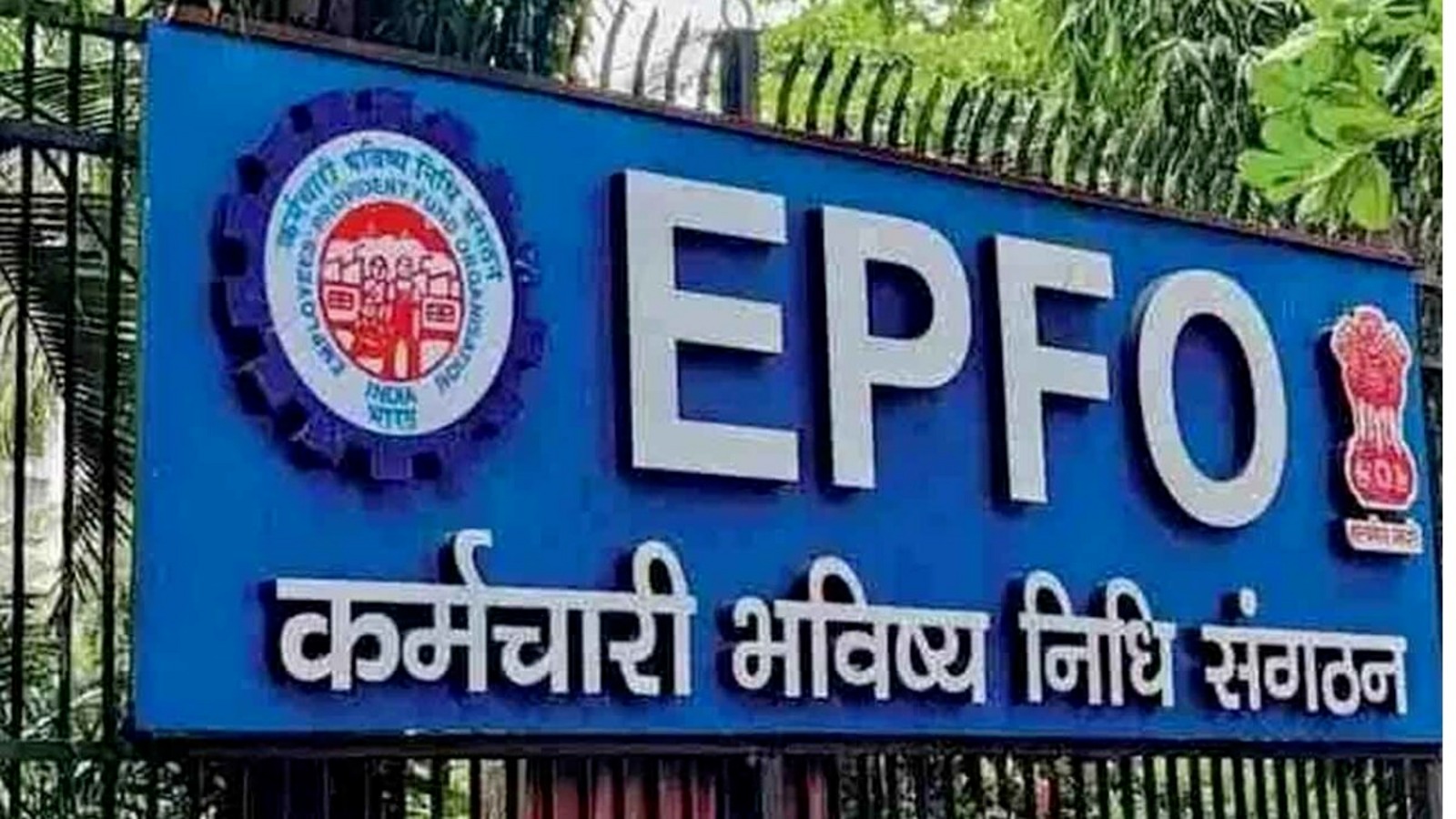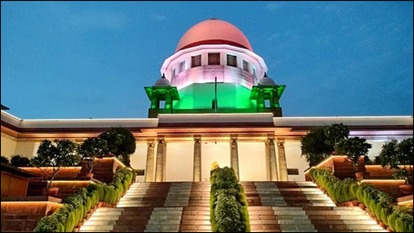D.G.R. Patnaik, J.@mdashPrayer in this writ application has been made for issuance of a writ in the nature of mandamus commanding upon the concerned respondents to immediately and forthwith appoint the petitioner on compassionate grounds in view of the judgment passed by the Civil Court holding that the adoption of the petitioner as the son of deceased employee who died in harness, is valid and in accordance with law.
2. Facts of the case in brief is that the deceased Parwa Bhuini was an employee under the respondents and had died in harness. The petitioner is claiming himself to be the legally adopted son of the deceased and has submitted his application under the provisions of the service conditions of the deceased. The respondents have, however, refused to acknowledge petitioner''s claim that he is the adopted son of the deceased. The petitioner thereafter, obtained a decree from the Civil Court in terms of which the adoption of the petitioner by the deceased was declared as valid. Against the order of the Civil Court, the respondents preferred an appeal before the first appellate Court. The appeal of the respondents was dismissed by the first appellate court upholding the findings of the trial court. Thereafter these respondents have filed the second appeal No. 36 of 2008 and the same is pending.
3. Learned Counsel for the petitioner explains that the second appeal has been filed much after the filing of the present writ application with the sole intention and object to frustrate the petitioner''s claim. Learned Counsel explains that the deceased had died way back in the year 1998 and although the petitioner had filed his representation promptly but it has been illegally refused. Learned Counsel submits that on the plea pendency of the second appeal, which may take any numbers of year to conclude, the respondents are avoiding their statutory responsibility to grant compassionate appointment to the petitioner. Learned Counsel submits that since the plea of second appeal has been taken and since it is not likely that the final decision of the second appeal would be available in the near future, it needs to be considered that if the petitioner is not granted the appointment on compassionate ground or on grounds which may eventually be rejected, then the petitioner would be compelled to suffer loss and detriment on account of the delay in considering the petitioner''s eligibility for his compassionate appointment.
4. A counter affidavit has been filed on behalf of the respondents stating therein that in view of the second appeal preferred by the respondents against the impugned orders of the trial court and of the appellate court on the issue of validity and legality of the deed of adoption, the respondents cannot be directed by any order to consider the petitioner''s application for his appointment on compassionate ground until the issue as to the legality of the deed of adoption is finally decided in the second appeal. It is further submitted that this writ appears to have been filed only to execute the decree passed by the trial court even during the pendency of the second appeal, which cannot certainly be allowed.
5. I find force in the argument advanced by the learned Counsel for the respondents. Since the issue involved in the second appeal is relating to the legality of the deed of adoption, the question as to whether the petitioner should be given appointment on compassionate ground or not depends on the decision on the aforesaid issue. The respondents cannot be compelled by any order in this writ application to grant compassionate appointment to the petitioner. In this view of the matter there is no merit in this writ application and therefore, it cannot be allowed.
6. However, considering the fact that if eventually the issue regarding legality and validity of deed of adoption is decided in favour of the petitioner in the second appeal, the petitioner would invariably suffer loss and detriment on account of his being refused the compassionate appointment. As such, the respondents may in their discretion, consider the petitioner''s case for granting him appointment on compassionate ground provisionally till the final decision of the issue raised in the second appeal. Needless to say that if the decision in the second appeal goes against the petitioner, then the respondents shall be at liberty to forthwith terminate his provisional appointment. In the event the respondents consider to grant the compassionate appointment provisionally, it would not confer any right, whatsoever, upon the petitioner for confirmation of such provisional appointment until the final decision is made in the second appeal.
With these observations, this writ application is disposed of.

